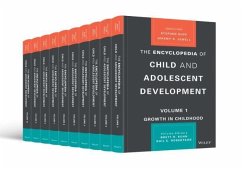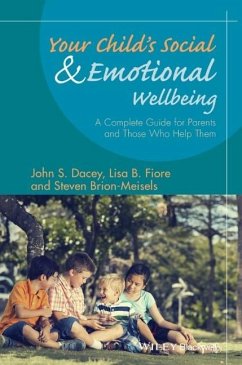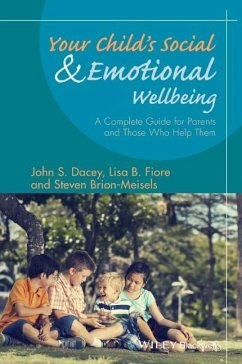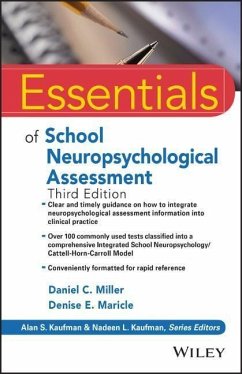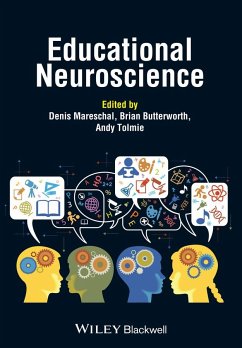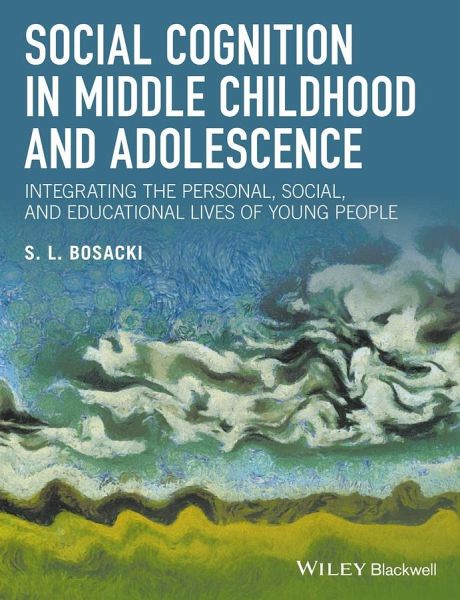
Social Cognition in Middle Childhood and Adolescence
Integrating the Personal, Social, and Educational Lives of Young People
Versandkostenfrei!
Versandfertig in über 4 Wochen
98,99 €
inkl. MwSt.
Weitere Ausgaben:

PAYBACK Punkte
49 °P sammeln!
Bridging psychological theory and educational practice, this is an innovative textbook on the emotional and social aspects of young people's development. Bosacki's Social Cognition in Middle Childhood and Adolescence, First Edition moves beyond tradition cognitivist representations of how children learn and grow, focusing on how to integrate the emotional, cognitive, moral, spiritual and social in young people's experiences. This text bridges the gap between theory and practice; analyses cutting edge research and translates it into culturally sensitive and developmentally appropriate strategie...
Bridging psychological theory and educational practice, this is an innovative textbook on the emotional and social aspects of young people's development. Bosacki's Social Cognition in Middle Childhood and Adolescence, First Edition moves beyond tradition cognitivist representations of how children learn and grow, focusing on how to integrate the emotional, cognitive, moral, spiritual and social in young people's experiences. This text bridges the gap between theory and practice; analyses cutting edge research and translates it into culturally sensitive and developmentally appropriate strategies for future educational practice.




